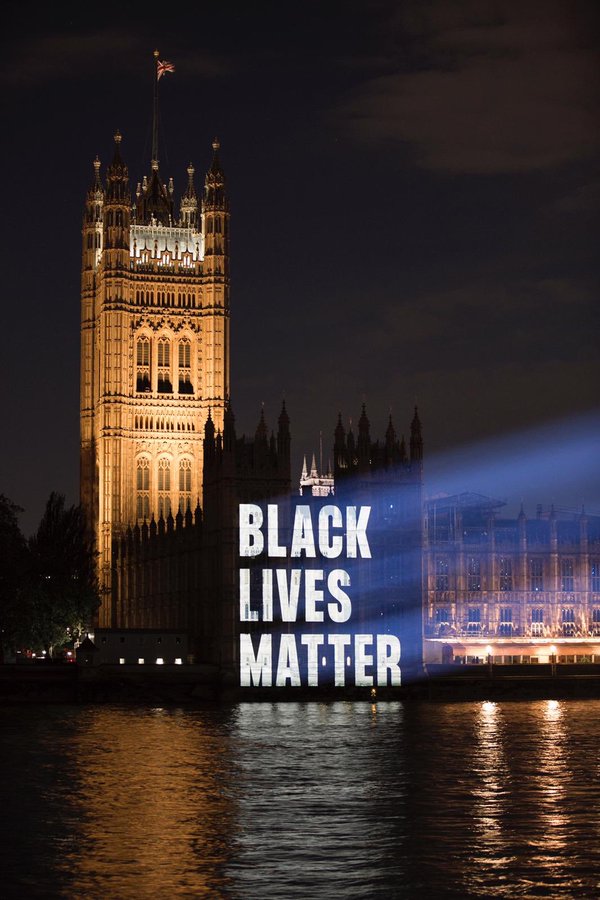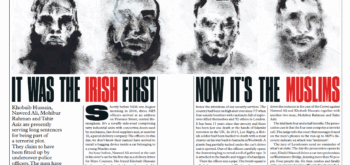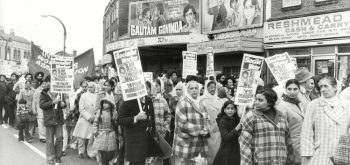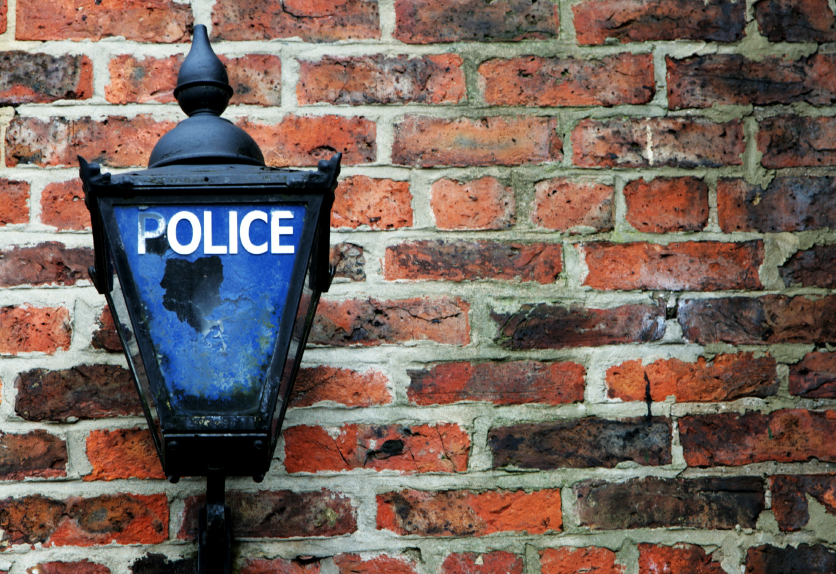Rights are inherently adversarial. They do not slot together like puzzle pieces, but are in constant tension, vying for supremacy. Such conflict has been particularly apparent in recent months, as the health of the nation has been pitted against its liberty.
Most governments have chosen health. Fulfilling its fundamental Hobbesian function, the state exerted its awesome authority in pursuit of keeping people safe, forcing people into their homes, banning them from work, from socialising- all through creating the fear of criminal sanction.
Some, as is their right, critiqued them. Prominent actors, on both the left and the right, suggested that the fears were overblown. The lockdown was an instinctive reaction from nations fearful of being the international outlier, with liberal democratic governments falling like dominoes in their desperation to not be the odd one out. The advantages – economic and otherwise – of being a state that continued life as normal were dwarfed by the risk of becoming a cautionary tale. Even the Swedes, who remained superficially at liberty, saw a natural decline in their social and economic activity, while some members of the government now admit they should have done more, and that lives have been needlessly lost.
In the face of this, the Black Lives Matter protests seems to such critics like both a slap in the face and an acknowledgement of error. In the face of the pandemic, hundreds of thousands have taken to streets in nearly every major US city, where they have been met with the mass deployment of heavily militarised police forces. Similar protests have taken place across much of Europe and North America, including London this weekend. In all of these, caution over coronavirus has been thrown to the winds, with governments accepting the futility of stopping the protests; while many who have emphasised the need for the shuttering of shops and the ending of socialising have been quick to condone the protests.
Some have tried to respond to this criticism by claiming that protestors are social distancing and wearing masks, or that because the protests are outside, the risk of transmission is lower. Such defences demean their cause. The protests obviously do heighten the risk. Perhaps they benefit from taking place after the peak, or from being made up of younger people, or because the weather is warmer. But that is irrelevant. The greatest defence is the most obvious – that black lives matter.
Those who wanted to forgo the health measures beforehand were concerned with liberty, but most often focused around the need for people to be able to work. They wanted restrictions to be abandoned for reasons of economics, for concerns about the risk of recession and GDP, and the consequent knock-on effects to peoples’ lives. By arguing that the serious effects of the virus were mostly contained to the old and the infirm, they argued that the young and healthy should be free to get on with their lives, with any risk of harm to the vulnerable a necessary evil in pursuit of the greater good.
That most nations have willingly embraced the lockdown shows how these critics fail to understand the communitarianism that underlies much of society. Crises like the 2008 Great Recession and near permanent military conflict have shown us that the state can spend with impunity when it wants to. Claims of impecuniosity ring hollow, and fears of a recession are not enough for people to willingly risk their, and their loved ones’, lives. To adopt the rights philosophy of Ronald Dworkin, the health of the people trumps the wealth of the nation.
What people are willingly to risk their lives for is equality and justice. These protests have shown us that while health may trump economics, equality and dignity trump health. In a perfect world, the moment that triggered this tidal wave of protest for racial equality would not have occurred during a global pandemic. But in a perfect world, such a demand would not be needed. These moments of global camaraderie are rare and the opportunity must be taken. In the face of years of oppression of, and inequality for, black and ethnic minority communities, it is no use fretting that it could have come at a better time.
Nor is this something that only taints America. The United States racial iniquity may be the most obvious – in few, if any, other nations could an officer kneel on a black man’s neck for nearly ten minutes, with his fellow officers watching on, but the rest of the world’s liberal democracies deserve their share of the blame.
In Britain, the Home Office alone has much to atone for, with the Windrush tragedy still fresh in the collective memory, and the impact of the ‘hostile environment’ policy still being felt in ethnic minority communities. Even the coronavirus has been proven to have a disproportionate effect on minorities – so much so that the government has censored its report, erasing recommendations on how the effects could be ameliorated. So while the protests may be in solidarity, they are also in recognition of the fact that change is needed at home too.
As always, some people desperate to argue that the complaints are exaggerated. On Twitter, a graph has been doing the rounds, suggesting that in America black criminals are just as likely to be shot while committing violent crime as white criminals. Perhaps. What this data conveniently omits is the number of black people harmed by the police while committing non-violent crime- or indeed, while committing no crime at all. And the police are not even the only threat. Just before the lynching of George Floyd, Ahmaud Arbery, a black man running through a residential neighbourhood, was shot dead by a resident.
In a similar vein, Gerard Baker, writing in the Times on Saturday, wrote about how black lives are actually getting better. Indeed, they are. But getting better is not good enough – and nor is it adequate to point to other communities, like the white poor, and say ‘well, they have it better than them’.
Slow, gradual improvement – while preferable to the inverse – is a poor defence when such improvement takes decades to achieve.
Such defences also rely heavily on economics. The data doesn’t show scenarios like the black ambulance driver, questioned and then handcuffed in London by a police officer simply for being outside with his friends. It doesn’t show the apprehension in black communities that a family member or friend can go out – even if just for a run- and not come back, ending up in a cell or in the morgue. It doesn’t show how some will use a person’s blackness as a weapon against them, like the woman calling 911 in New York’s Central Park. It took impassioned protest in 1968 for meaningful change to begin- it may be that such protest is what is needed for meaningful change to begin again.
Societies are not immutable, but they can be set in their ways. Change does not come naturally, with those atop the hierarchy reluctant to let anything occur that truly challenges their dominance. The pandemic had already softened such resistance, with states introducing economic and social measures to alleviate the harm that would been inconceivable only six months ago.
Who expected to see a Conservative chancellor willingly paying the nation’s wages? In this sense, perhaps the protests have come at the right time, as the nation state is forced to remake itself anew. By people all over the world elevating the right of equality over the health of the nation, they are emphasising the need for racial equality to be a part of the renewal.







